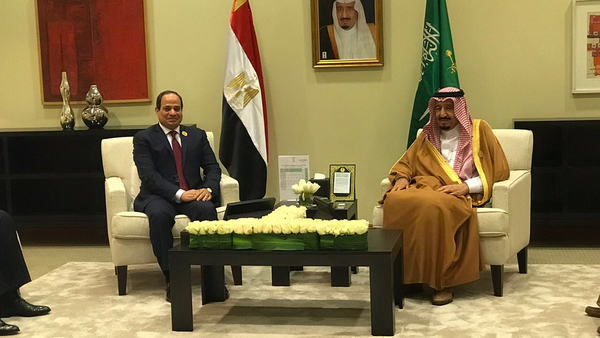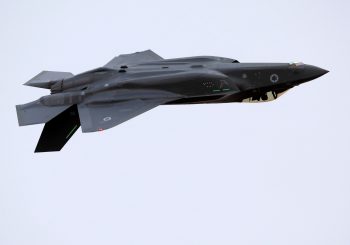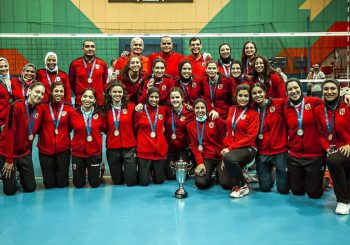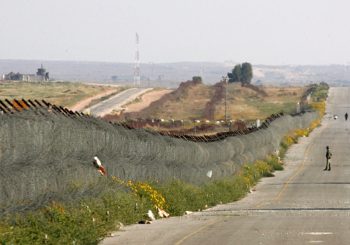Amid political challenges and security worries, Arab leaders gather in Jordan for the 28th annual Arab League Summit, held near the Dead Sea.
The agenda of the Summit was topped by the turmoil in Syria, the Palestinian-Israeli conflict and the Islamic State (IS). It was attended by United Nations (UN) Secretary General Antonio Guterres and the UN Special Envoy for Syria Staffan De Mistura.
Egypt President Abdel Fattah Al-Sisi arrived in Jordan to attend the Summit along with Egypt Foreign Minister Sameh Shoukry. Al-Sisi has met with Saudi King Salman after months of tension in bilateral relations.
New Phase for Egyptian-Saudi relations
Having met several Arab leaders and held bilateral meetings, Al-Sisi’s meeting with Salman is deemed as the most important, particularly that the latter invited Al-Sisi to visit Saudi Arabia.
In October 2016, the tension between Egypt and Saudi Arabia started in the UN Security Council when Egypt voted in favour of two rival resolutions regarding peace in Syria.
One of them was in favour of France’s resolution, which was backed by Saudi Arabia, the other one was filed by Russia.
Although both resolutions were not adopted by the council, Egypt’s voting in favour of Russia sparked the anger of Saudi Arabia.
Two days following the voting session, Saudi Arabia’s company of Aramco decided to cut its oil shipments to Egypt,
However, the bilateral relations have started to warm up again recently, with Saudi Arabia deciding to resume the oil shipments and Salman’s invitation to Al-Sisi.
The Declaration of Amman
Ahead of the meeting, Secretary General of the Arab League Ahmed Aboul-Gheit said that Palestine may introduce a new peace initiative during the League. However, it was quickly denied by the Palestinian authority.
Even though its flag was lifted, the Syrian seat was empty. Arab leaders have failed to reach a common ground for a solution in Syria, leaving at least 320,000 killed during the six-year war and millions displaced. For unannounced reasons, King Mohamed VI of Morocco did not attend the summit.
By the end of the Summit, the “Amman Declaration” that comprises 15 points was announced; it focused on the Syrian and Palestinian conflicts. The declaration said that the Arab countries will support peace in Syria and support all the countries that receive Syrian refugees. Also, they asserted their adherence to the two-state solution for the Palestinian-Israeli conflict.
The statement explicitly condemned and opposed the relocation of the embassy of the United States (U.S.) from Tel Aviv to Jerusalem, saying that it is “unacceptable”.
U.S. President Donald Trump is expected to meet with Al-Sisi and Palestinian President Mahmoud Abbas in Washington DC in April.
Despite Trump being vague on his plans regarding peace initiative for the Palestinian conflict and saying that he is open to one-state solution, U.S. envoy to the Middle East Jason Greenblatt met with Aboul-Ghiet prior to the summit and said that they had constructive discussion regarding the Palestinian conflict and a plan for a comprehensive peace in the region.
King Abdullah of Jordan, who hosted the summit after Yemen was not able to due to the turmoil, said in a speech that the Israeli settlements are hindering peace deals opportunities. He further added that Jordan will not allow any harm to reach Al-Aqsa mosque.
Ahead of the Summit, political analysts expected that it will not be fruitful and will be just another meeting of the Arab leaders to fail to reach consensus.
The last Arab League Summit was held in Mauritania after Morocco had withdrew from hosting the summit. Morocco stated back then that it will not host the summit because it is an event that implies that Arabs are in unity when it fact the gap between them is discrepant and wide.






